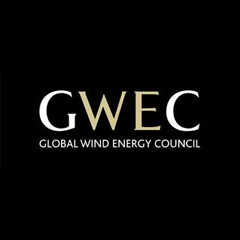New report presents a palette of key success factors for wind power development and discusses lessons from 12 mature wind markets
A new report released today by the International Renewable Energy Agency (IRENA) and Global Wind Energy Council (GWEC) shows a set of conditions that must be fulfilled in order to best harness wind, to attract investment and to help anticipate the effects of possible policy options for new and emerging markets. The report identifies and reviews the history of significant policy and regulatory measures that have contributed to the successful development of wind energy with a focus on 12 leading markets – Brazil, China, Denmark, Germany, Greece, India, Ireland, Italy, Portugal, Spain, the UK and the US – providing the most comprehensive analysis of wind energy policy yet produced.
Wind energy has become a mainstream electricity generation technology. It is expected to reach over 280 GW in installed capacity by the end of 2012, and 490 GW by 2016.
“With an increasing number of countries generating 10, 15, 20 per cent or more of their electricity demand from wind, many lessons have been learnt about how to most successfully harness its power. The objective of this report is to highlight what has worked and what hasn’t”, said Steve Sawyer, GWEC’s Secretary General.
Since the end of the 1970s oil crisis, a combination of policy drivers including reducing reliance on imported fossil fuels, improving energy security, encouraging new industrial development and addressing environmental concerns have driven global wind energy development. A clear political signal to develop wind power; and stability of the policy and regulatory framework are the two most important conditions needed to attract investment.
The report is targeted primarily at IRENA member countries, many of whom are developing their own plans for a sustainable energy future, and many of whom intend to employ wind power as a part of that future.
Download full report:



























